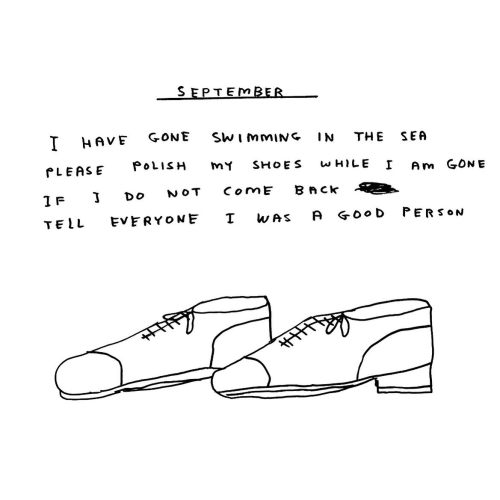
fabrice dozias
The Fifth Ancestor
Daimin Konin wanted to find
his successor. He asked the monks to write
a poem to express their understanding. Jinshu,
the headmonk, wrote the following poem
on the wall in the middle
of the night:
Our body is the bodhi tree,
our mind a mirror bright.
Carefully wipe then hour by hour,
and let no dust alight.
When Eno saw this
next day, he said to the monk
standing next to him, “I too have a poem.
Since I am illiterate, would you
write it down for me?”
There is no bodhi tree,
nor stand of a mirror bright.
Since all is void,
where can the dust alight?
When Konin saw this, he
knew the author had the understanding
he was looking for, and he recognized Eno as
his dharma heir and hence the
Sixth Ancestor.
Shunryu Suzuki
branching streams flow in the darkness


